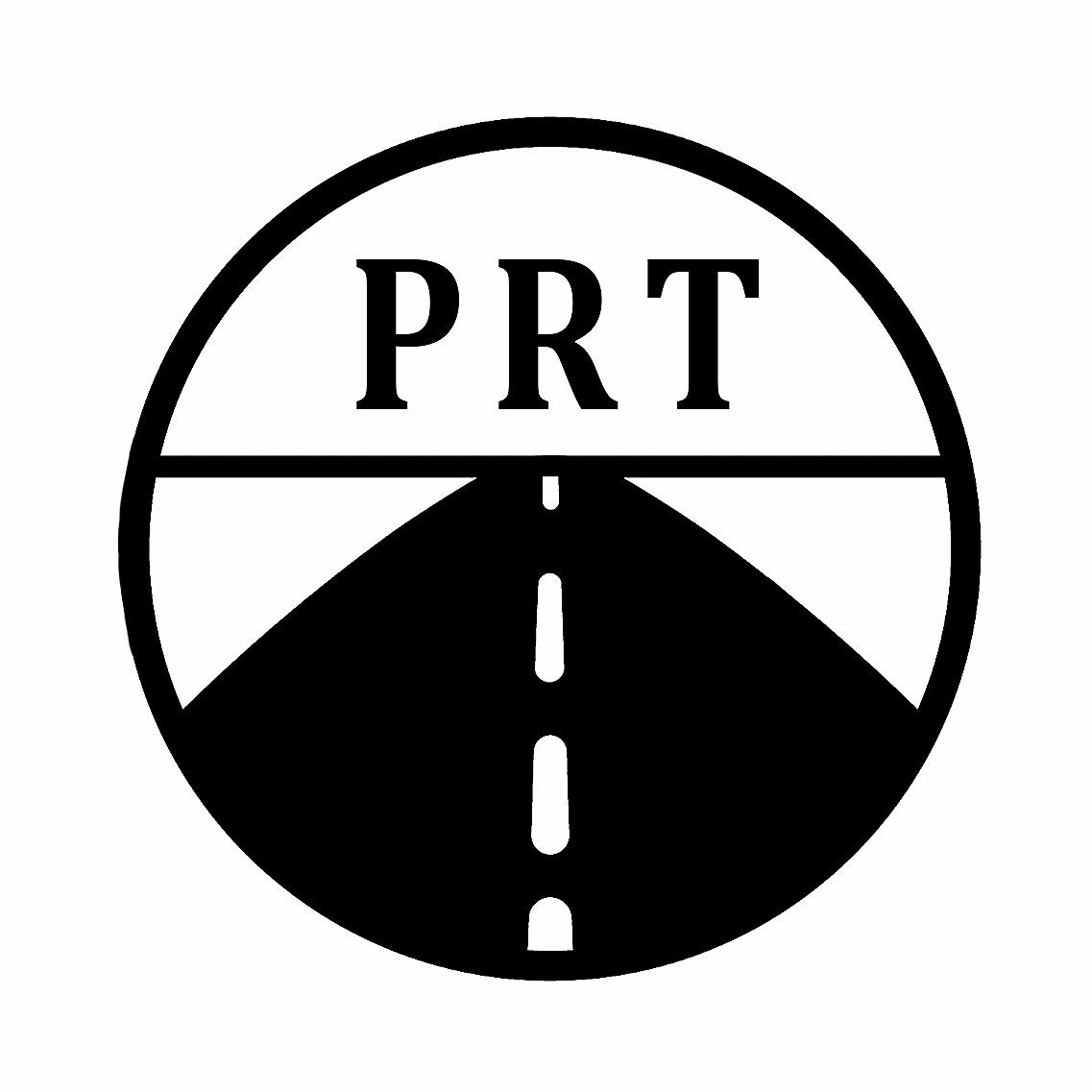July 2014: Agile Project Management (Zen-like anti-Zen)
/“What should we do?”
“How should we do it?”
At first blush, it seems the former question must be addressed first: strategy before execution, ja?
This chicken and egg problem lies at the heart of 'Agile Project Management' and 'Lean Startup' lines of thought.
When circumstances are so uncertain that an optimal strategy cannot be reliably conceived through an intuitive leap, it is necessary to evolve toward an optimal strategy over time. The two questions must be addressed concurrently. You must expend effort to determine the optimal direction of further effort. Sort of Zen-like anti-Zen, ja?
Agile Project Management
In the software development world practitioners developed agile project management practices to deal with this uncertainty. Working closely with client representation, brief iterative cycles are performed of gathering requirements, prioritizing them, building early versions of a product, learning from the results, and then adapting -- revising and expanding requirements in preparation for further iterative cycles. The optimal product scope is discovered over time, through close collaboration between the software developers and the client.
Lean Startup
When we generalize from a software product, one promising destination is the Lean Startup line of thought: experiments are performed to test hypotheses and thus discover an optimal scope of a product, or of an entire new business model, over time.
In a business environment with great uncertainty, these lines of thought have intriguing appeal. They represent a challenge to the conventional approach of thorough planning, detailed cost estimation, and senior level approvals all being completed before any real work begins. Of course there is the danger that the new ways will be misused -- taken as an excuse to do sloppy planning and run rogue, presuming exemption from oversight.
Agile and Lean Startup have an even bigger problem though, which is getting people to try them at all. How do you get people to try a new approach -- involving such a leap of faith as authorizing work without a detailed project plan?
Next Question
Come to think of it, how do you get people to gather their nerve and try anything new at all, ever? This feels like an even more fundamental question, and will be the topic of my next essay -- following another line of thought called “The Challenger Sale”.

